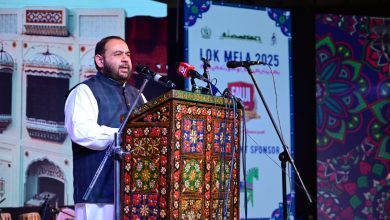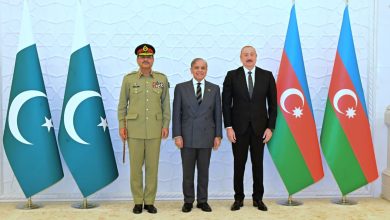Pakistan Achieves Milestone with G6PD Malaria Pilot Success

**Pakistan Achieves Breakthrough with First G6PD Malaria Pilot, Setting Precedent for Advanced Treatment**
Pakistan has achieved a significant milestone in its fight against malaria by successfully concluding its first pilot project integrating G6PD testing into primary healthcare. Conducted across nine malaria-affected districts in partnership with Medicines for Malaria Venture (MMV), the initiative aims to pave the way for safer and more effective malaria treatment across the country, and positions Pakistan as a regional leader in malaria control.
The results of the pilot were unveiled at a high-level event attended by representatives from the World Health Organization (WHO), UNICEF, the Global Fund, and MMV. Officials highlighted the practical implementation of G6PD testing—a crucial step for the safe use of the newly introduced antimalarial drug, Tafenoquine. Dr. Mukhtar, Director of Pakistan’s National Malaria Control Programme, detailed how the pilot focused on ensuring that G6PD testing could be seamlessly adopted at the primary healthcare level.
Minister of State for Health Dr. Mukhtar Bharath underscored the urgency and importance of the project, especially in the wake of the 2022 floods, which led to an upsurge in malaria cases, with over 2.8 million people affected nationwide. “The results clearly demonstrate that G6PD testing can be effectively integrated into primary healthcare,” he said.
Tafenoquine, which has received approval from WHO and registration by Pakistan’s Drug Regulatory Authority (DRAP), represents a significant advancement over traditional treatments. Unlike the 14-day primaquine regimen—which saw poor compliance rates and frequent discontinuation among patients—Tafenoquine offers a simpler course, potentially improving adherence and reducing malaria transmission.
Dr. Bharath highlighted that this “breakthrough drug can revolutionize malaria elimination efforts.” With this success, Pakistan will join a select group of countries deploying Tafenoquine, and the national malaria strategy is being revised to support its wide-scale introduction.
The pilot has earned both national and international acclaim, and Pakistan is now preparing to host the International Conference on Malaria Elimination in 2026. The event will bring together global health experts, scientists, and policymakers, further cementing Pakistan’s leadership and commitment to achieving global standards in malaria control.




